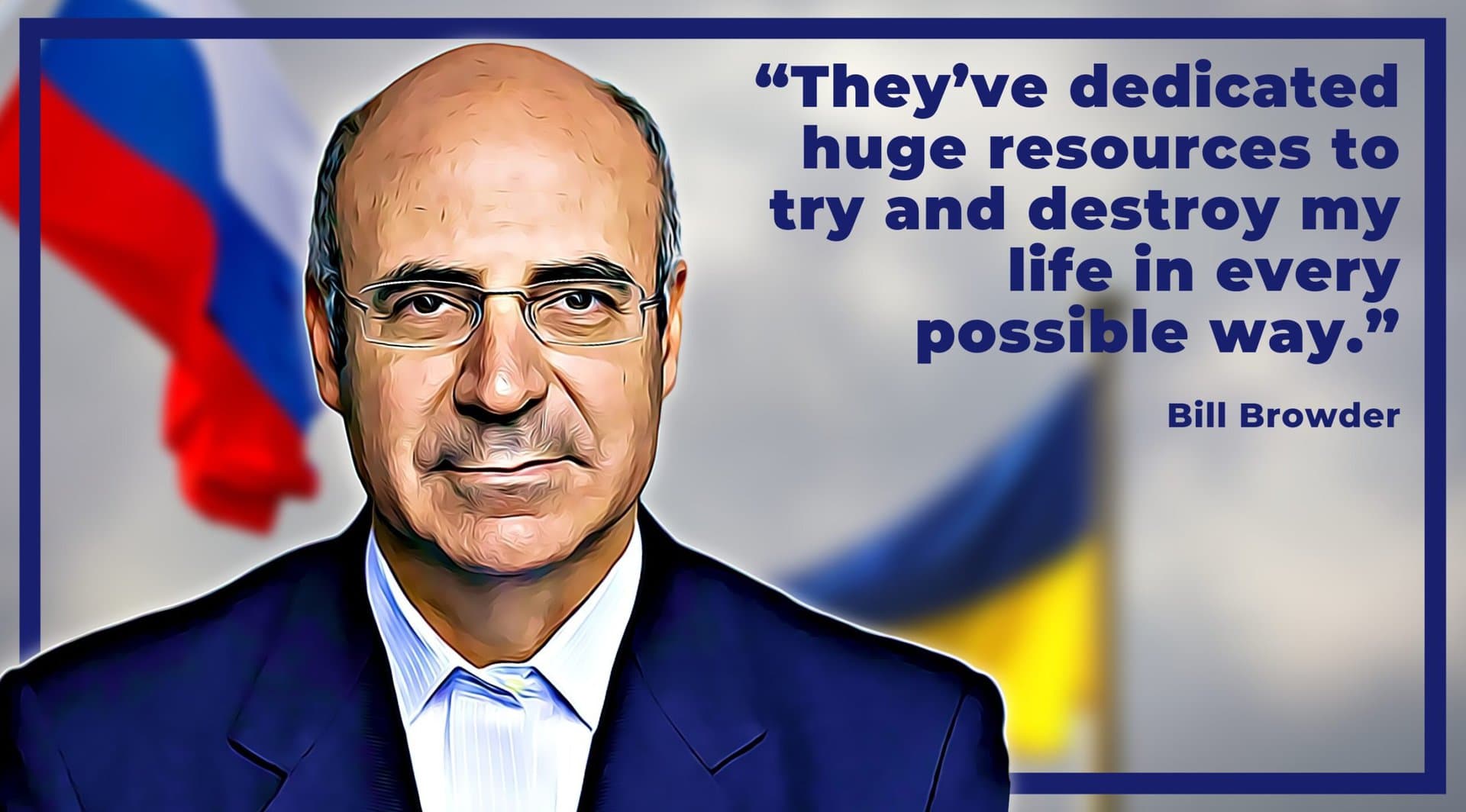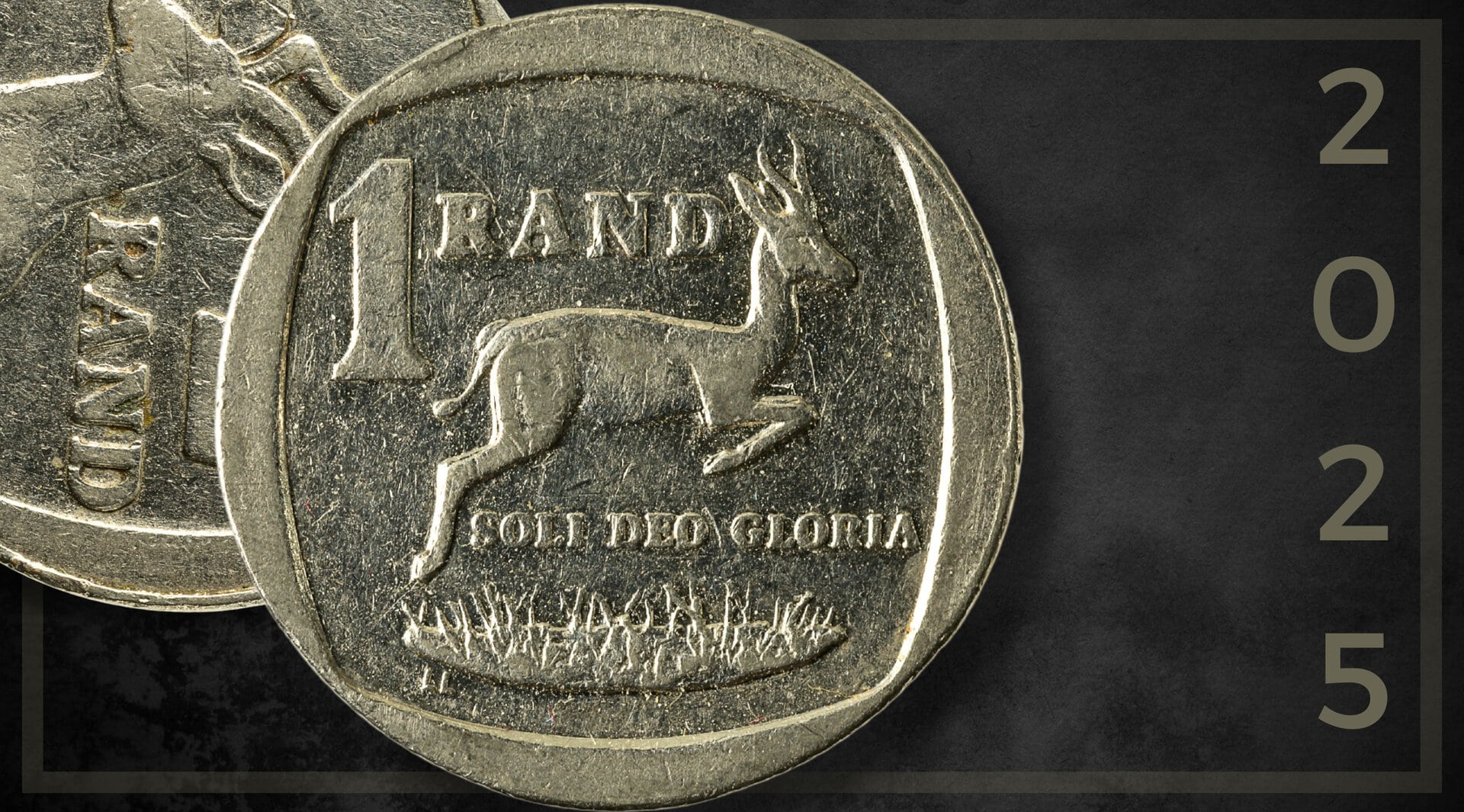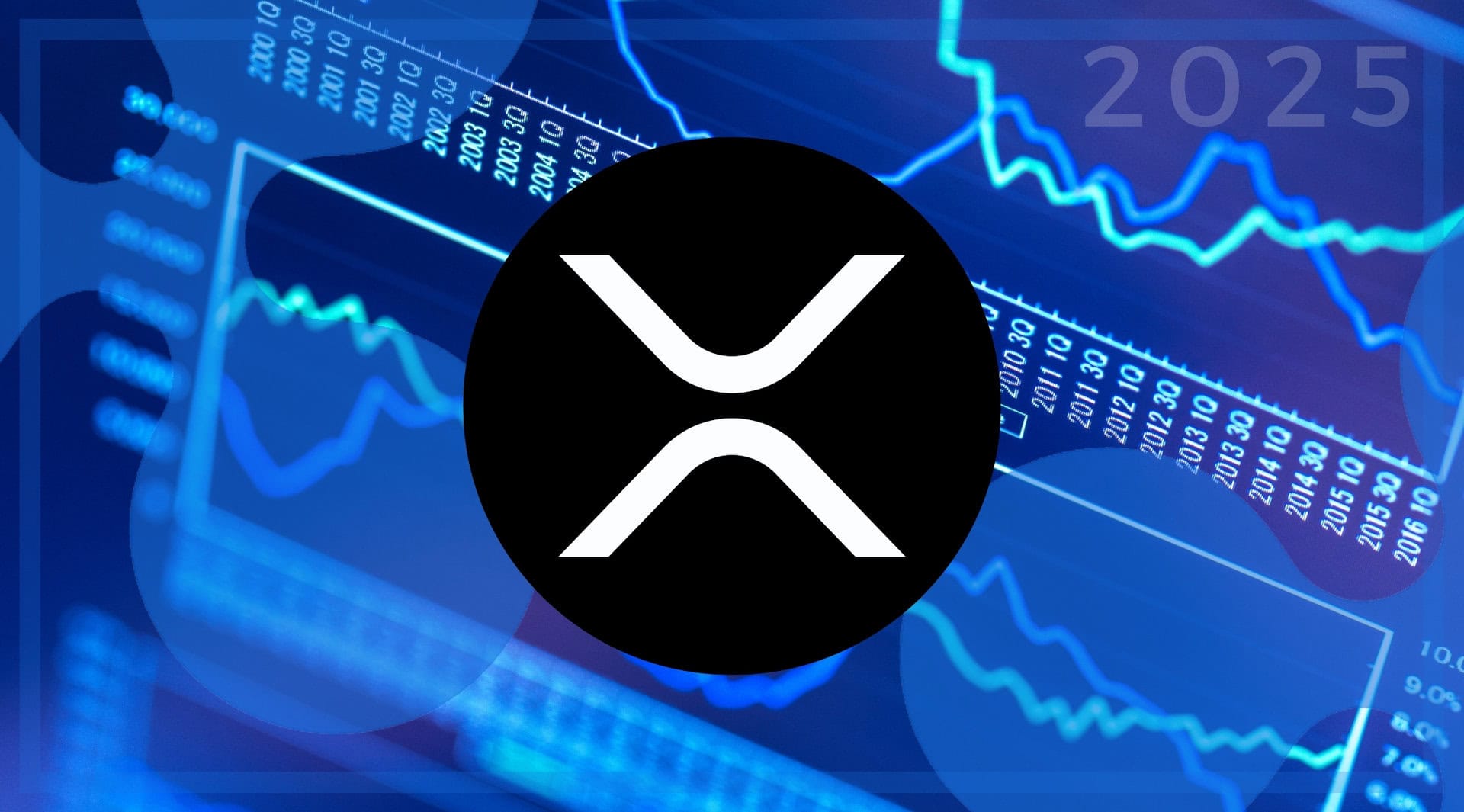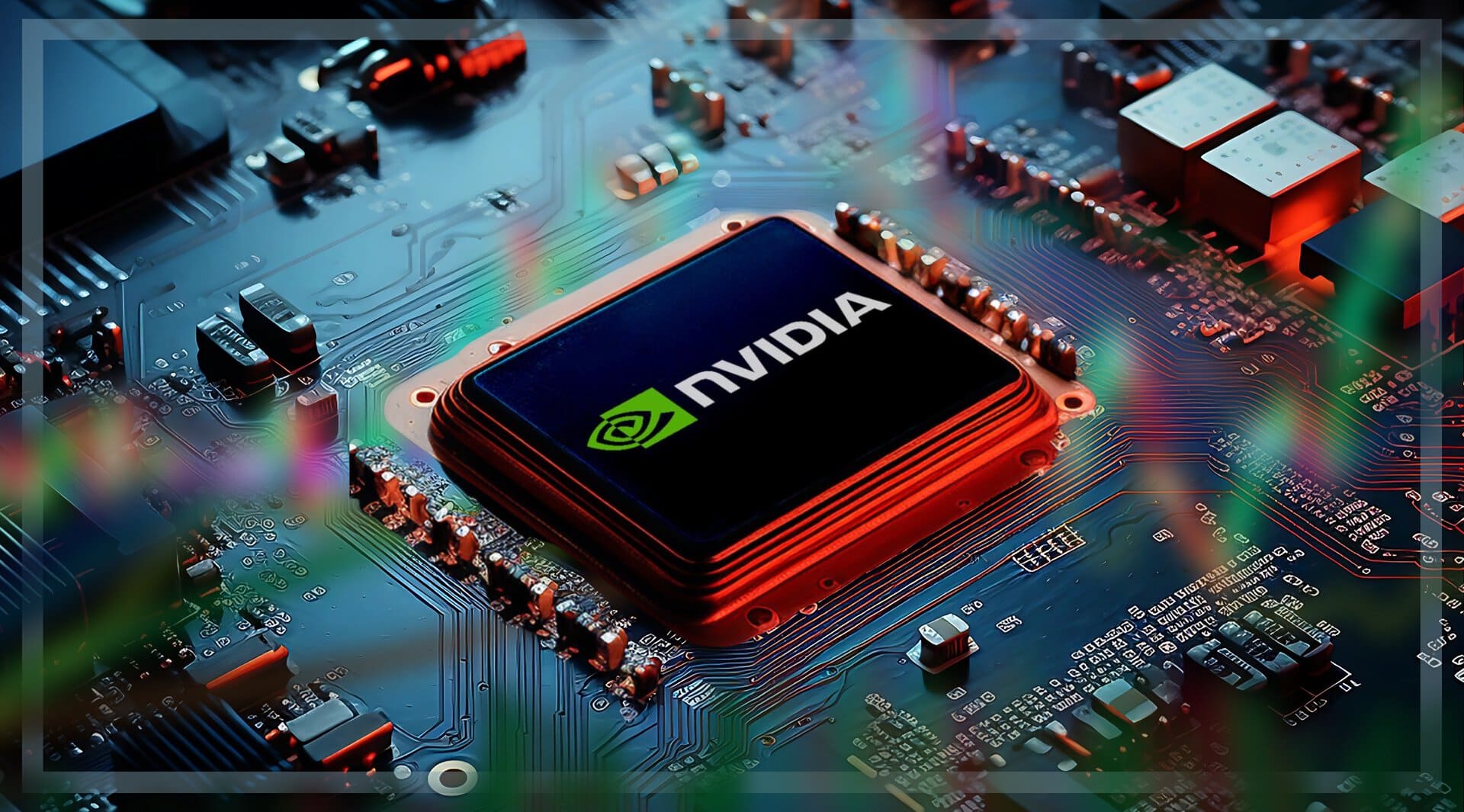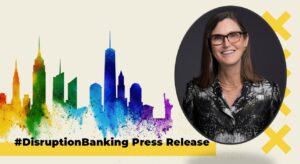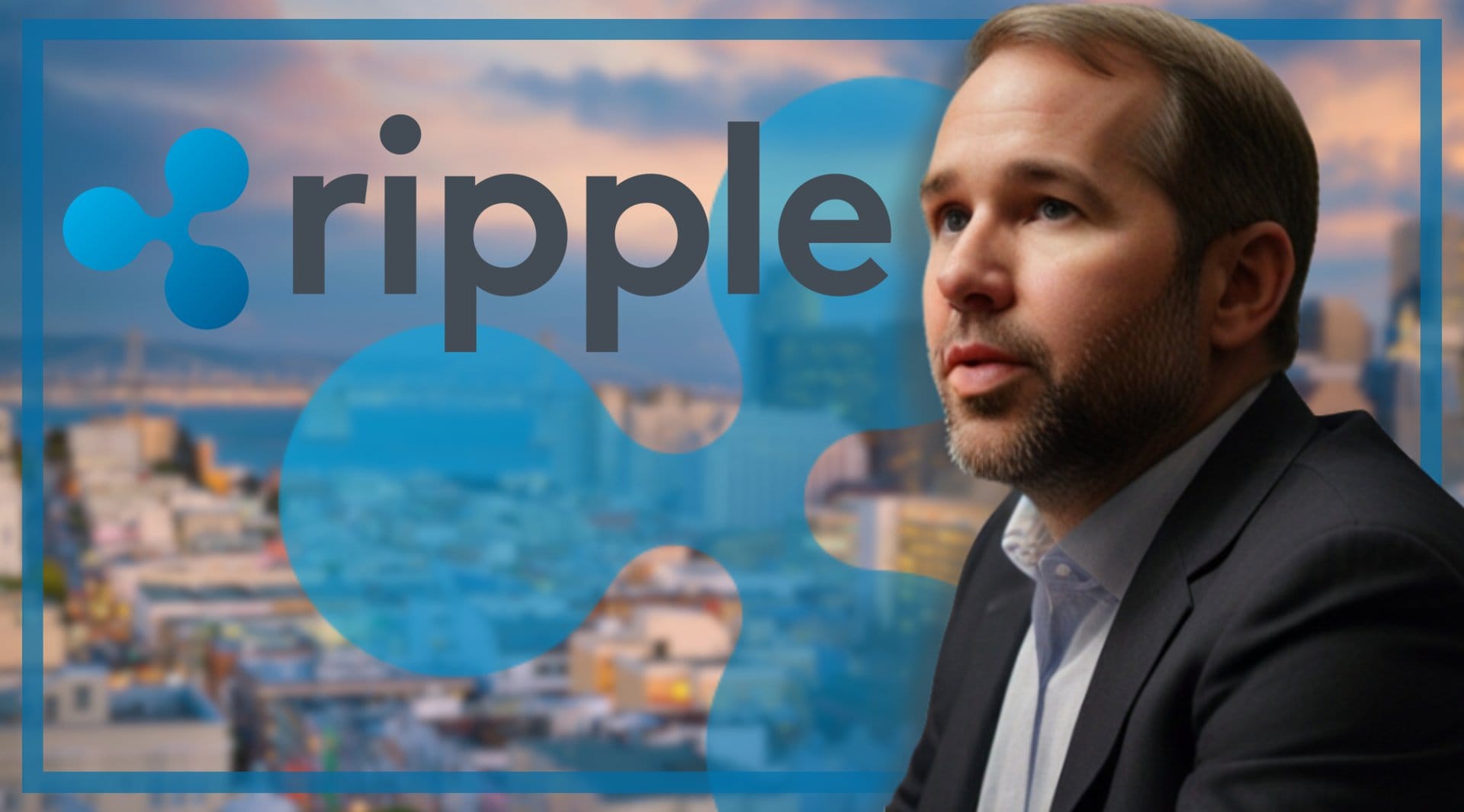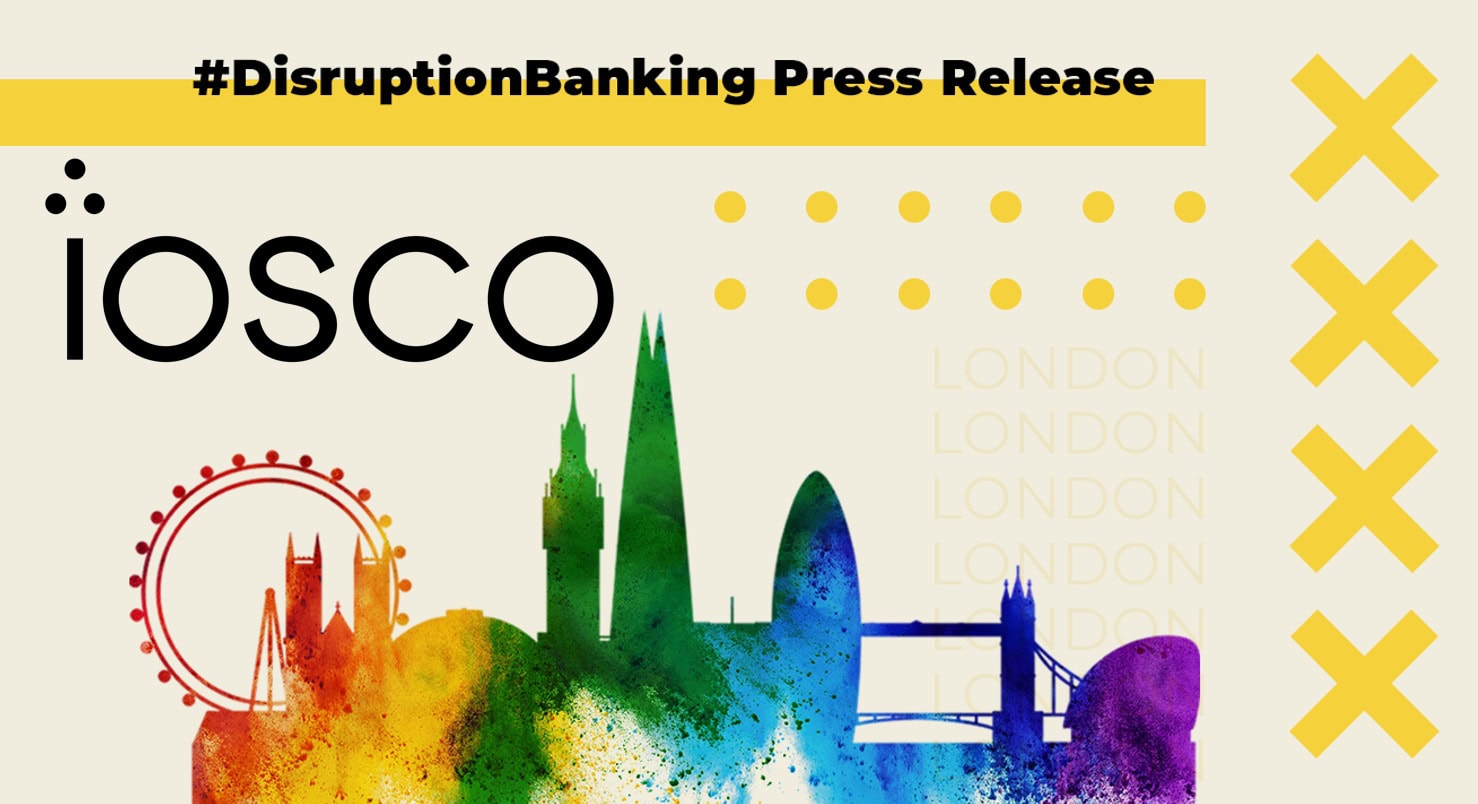London
Russia was a turbulent place to be in 1996. The Soviet Union had collapsed five years previously, but any feelings of joy at the disintegration of the Soviet state were swiftly replaced with those of fear, doubt, and uncertainty. In that year’s election, the incumbent President, Boris Yeltsin, faced a serious challenge from the Communist Party. Throughout the election, it was a very real possibility that he might lose: the President was known to be in poor physical condition and ran a lacklustre, uninspiring campaign. Meanwhile, a rejuvenated Communist movement sought to capitalise on the fact that Russians were widely struggling under the very cold bath of free-market capitalism which had been thrust upon them.
It was at the peak of this extreme uncertainty that financier Bill Browder first went to Moscow. With his co-founder Edmond Safra, Browder established Hermitage Capital Management with an initial $25 million to invest in Russia following the mass privatisation of the country’s industry. Recalling the mood in Moscow in 1996, Browder told Disruption Banking that “it was a time of intense chaos but also a time of hope.”
After Yeltsin saw off the Communist threat and won the presidential election, there was a widespread belief that “capitalism was here to stay.” Reflecting the overly optimistic mood of the era, one in which free-market liberals had famously declared “the end of history,” Browder remembers a widespread belief that “things would start to normalise over time and Russia would move towards becoming a middle-income European country.”
Browder started operating in Moscow to try and profit from Russia’s apparently inevitable drift towards a Western European-style market economy. The basic premise of Hermitage’s philosophy was that “a bunch of highly educated people with a bunch of natural resources would meld into the architecture of a democratic, peaceful Europe,” a trend that would be “fantastically profitable for everybody who was investing at the time.” Despite Russia’s immense economic potential, market uncertainty and volatility meant that valuations remained low for the country’s newly privatised assets. Billions of dollars were there for the taking, or so it seemed.
By 1998, only two years into his time in Moscow, Browder had realised it wouldn’t quite be as plain-sailing. This was the year, after all, that the Russian Central Bank had to devalue the rouble by two-thirds in the space of just three weeks. Following the Asian financial crisis, which had led to the collapse of the Thai baht, speculators put similar pressure on the rouble and tested the central bank’s ability to maintain the rouble’s peg with the dollar.
A much-weakened rouble contributed to increased inflation which, along with a global recession, sharp fall in commodity prices, and Russia’s costly war in Chechnya, raised further questions on international markets about whether Russia could meet its debt commitments. At one point, the Bank of Russia tried to attract foreign capital by offering interest rates of 150% in a bid to maintain the rouble’s peg, but this only made the situation more precarious. Russia eventually defaulted on its sovereign debt, sending shockwaves across the country’s stock, bond, and foreign exchange markets. “The stock market went down by 90%,” Browder said. “It was horrific and brought everyone back to square one.”
📉 JPMorgan warned on Friday that Russia is facing a hit as great as its 1998 financial crisis, predicting an 11pc peak-to-trough GDP plunge https://t.co/yaSxUdpQ04
— The Telegraph (@Telegraph) March 4, 2022
It was out of this economic mess that Vladimir Putin arose as a leading figure in Russian political life. “The fact that capitalism, democracy, and freedom of speech hadn’t offered any material benefits for the people meant that everybody was looking for some kind of strong man to get everything back on track,” Browder said. “Putin was the strong man who came in to do that.”
The rise of Putin was initially a major boon for Browder and Hermitage Capital, which, by the early 2000s, had become a prominent activist shareholder in some of the Russia’s biggest companies. Hermitage bought up shares in oil giants Gazprom and Surgutneftegas, for example, as well as major financial services companies like Sberbank. In the decade between 1996 and 2006, Hermitage became one of the largest foreign investors in Russia, with Browder using this prominence to expose corruption and wrongdoing in the country’s biggest companies.
Browder first began exposing corrupt practices at Gazprom around the same time that Putin first came became president in May 2000, at which point he wasn’t “the all-powerful tyrant he is right now.” Putin’s initial weakness upon assuming office meant that he shared several interests with Browder, in terms of taming the power of the oligarchs which were running Russia’s largest and most important firms.
“Oligarchs and corrupt officials had stolen most of the power of the presidency,” Browder noted. “We had an alignment of interests: oligarchs were stealing power from him at the same time they were stealing money from me.” In the early days of the Putin era, Browder believed that, together, they could “go after the oligarchs, make Russia a better place, and make a lot of money.” As most Western politicians and businessmen did at the time, Browder thought that “Putin was a great guy because he was cracking down on corruption.”
This “alignment” held for the first few years of the Putin presidency, until about 2003. According to Browder, the turning point came when Putin decided to strike a deal with the oligarchs. In October 2003, the authorities arrested Russia’s richest oligarch, Mikhail Khodorkovsky, on fraud charges. He was later sentenced to nine years imprisonment, a sentence which was extended when he was further charged with embezzlement and money laundering while in prison.
“Putin charged him and allowed the television cameras to show the richest man in Russia sitting in a cage,” Browder said. The impact worked just as Putin intended. Russia’s oligarchs saw, in Browder’s words, “this guy who was far richer, far smarter, and far more powerful than them” utterly humiliated. The country’s wealthiest businessmen were quickly scrambling for a deal with Putin to try and avoid this grim fate.
And what was the deal? Simple – Putin would leave them alone, provided they accepted his authority and gave him 50% of their profits. “That was the moment that Putin became the biggest oligarch in Russia, and the richest man in the world,” Browder told Disruption Banking. The oligarchs became dependent actors: nominees, trustees, and proxies for Putin’s own personal wealth.
Vladimir Putin offered a deal to oligarchs: bend to my authority, stay out of my way, and you can keep your mansions, superyachts, private jets, and multibillion-dollar corporations.
— NPR (@NPR) March 30, 2022
Those who reneged on this deal would be thrown into a Siberian prison. https://t.co/CCmqATIQcJ
Putin, emboldened and enrichened, soon began to crack down on his enemies and critics. In 2005, Browder was blacklisted by the Russian government, who now deemed him a “threat to national security,” and expelled from the country. Since then, he has been accused of various offences in Russia, including tax evasion and organised crime, and has been convicted in absentia on several occasions.
The authorities also began to harass his business associates and lawyers with random police raids and investigations, many of which included beatings and physical intimidation. The most notorious case is that of Sergei Magnitsky, an auditor for Hermitage Capital, who was arrested on spurious grounds in 2008 and died in prison a year later. Magnitsky had exposed the fact that corrupt officials had stolen Hermitage’s corporate documents during a raid to perpetrate a fraud, using the documentation to claim a rebate of $230 million in taxes.
Since then, “it’s been a full-time job to fight off the Russian Federation and avoid arrest or assassination,” Browder said. “They’ve dedicated huge resources to try and destroy my life in every possible way.”
Following his expulsion from Moscow and the plight of Magnitsky, the hedge fund manager became a prominent justice and human rights activist. Perhaps his most famous achievement is successfully lobbying for the Magnitsky Act, which was passed by the US Congress in 2012 and prohibited officials involved in the death of Magnitsky from entering the US or accessing its financial system. This also provided the basis for the wider-ranging sanctions regime which came about after Russia’s invasion of the Crimea in 2014 and full-blown war with Ukraine in 2021.
While Browder is a prominent advocate for sanctioning Russian oligarchs, and has been critical of European governments such as Germany for their reluctance to do so, he believes that the international community has used sanctions in the wrong way. Because of Europe’s dependence on Russian oil and gas, as well as the flow of Russian money into cities such as London, most countries in the West were unwilling to impose sanctions – or even criticise Putin – in the years prior to the invasion of Ukraine. In Browder’s eyes, this means the West has now had to clamber to impose sanctions and faces the much harder task of stifling Putin’s access to cash after the war has started.
“Sanctions serve either one of two purposes,” Browder believes. “They can either serve as a deterrent for bad behaviour, which is the ideal use of sanctions, or as a punishment for bad behaviour. The trouble was that we didn’t use the deterrent nearly enough for it to be a proper deterrent. If we had been more robust earlier on with sanctions, they could’ve been a deterrent for the war in Ukraine. I don’t think Putin would’ve started this war if he knew then what he knows now,” he added.
That said, Browder does think that the sanctions imposed – not least the freezing of $300 billion in central bank reserves – have had a material effect on the war by significantly limiting Putin’s resources. He suggested that the West should go further in weaning itself off Russia’s oil and gas, which he noted is funding the war “to the tune of $500 million to $1 billion a day.” Browder is optimistic that “Ukraine can beat Russia if it has the military hardware to do so,” and therefore thinks that Western governments should give Ukraine all the weaponry Kyiv requests.
Today I speak to @OlegUstenko for @DisruptionBank. Russia will receive $200bn in oil revenues before the US embargo takes effect in December. “You can imagine how many weapons […] they can buy with this money – how much damage in Ukraine they can do.”https://t.co/bEnsKDPeJn
— Harry Clynch (@clynchharry) July 13, 2022
Browder is one of the few Western financiers who has spent his career dealing in, and with, Russia. While the war in Ukraine and the issue of sanctions are liable to be discussed in abstract, grandiose terms by Western policymakers, Browder has very real scars from his experiences in Moscow. Speaking to him, one gets the sense that these experiences, and a life spent with one eye over his shoulder, has focused the mind and reduced his tolerance for bullshit. He wants more weapons to Ukraine, more sanctions on Russia, and more action from the West because he has learnt the hard way what weakness, or at least the perception of weakness, can lead to.
Developed on the streets and boardrooms of Moscow, Browder also seems to have a certain realism, something that is often lacking in Western politicians’ talk of an inevitable Ukrainian victory. He doesn’t fall for stories that Putin is terminally ill with cancer, or that he is soon to be overthrown by rebellious generals: he is too worldly-wise for that. Instead, Browder’s bleak prediction is that “this thing drags out” for many years, with neither country quite having enough power to defeat the other. His work in Russia has also taught him nothing if not how brutally effective Putin is as a political operator. Where will he be at the end of all this?
“Exactly where he is today.”
Author: Harry Clynch


